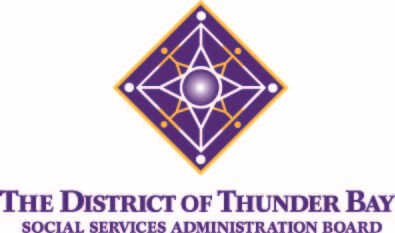THUNDER BAY -- The District of Thunder Bay Social Services Administration Board (DSSAB) feels more needs to be done to address mental health and addictions issues facing some tenants in subsidized housing.
It's asking the Ontario government to take the necessary steps.
DSSAB directly operates about 2500 units. A position paper on the issue prepared by a board analyst said that while most of the occupants don't have difficulties, "there is considerable evidence that mental health and addictions issues have had negative consequences."
Those consequences include extensive damage that's being discovered in the apartments after tenants move out.
DSSAB's Housing Division has begun tracking the units where it's believed that the damage is a result of mental health or addictions issues.
"This is not based on evidence of a diagnosis, but rather on issues related to the tenant and the findings in the unit," the analyst said. "For example, if a unit is heavily damaged and there is extensive evidence of alcohol and drug use, this will be recorded as a possible mental health and addiction issue."
The documented cases are concerning to DSSAB officials.
In 2016, 11 units that required major repairs were specifically identified "given the obvious nature of the evidence."
The estimated repairs cost a total of $185,000. That was for replacing drywall, doors, flooring cabinetry, plumbing fixtures and lighting fixtures, or repairing damaged floors.
One unit alone needed $30,000 worth of fix-ups, whereas the usual cost of cleaning and repairing any vacated DSSAB housing unit is $1,200 to $3,500.
The DSSAB board has asked the province to help develop partnerships and provide more resources to address mental health and addictions issues among social housing tenants.
It believes this is an area that has been overlooked while the province has focused recently on providing assistance to people who are chronically homeless.
The analyst's report noted that "This supportive approach should be extended beyond the homeless to in situ tenants—many of whom struggle with undiagnosed mental health and addictions issues which put them at risk of homelessness."
DSSAB CAO Bil Bradica told Tbnewswatch in an interview Tuesday that the scope of the problem has grown over the last few years.
In 2013, board staff referred 162 tenants to outside care related to mental health issues. Last year, Bradica said, those kinds of referrals tripled to more than 500.
